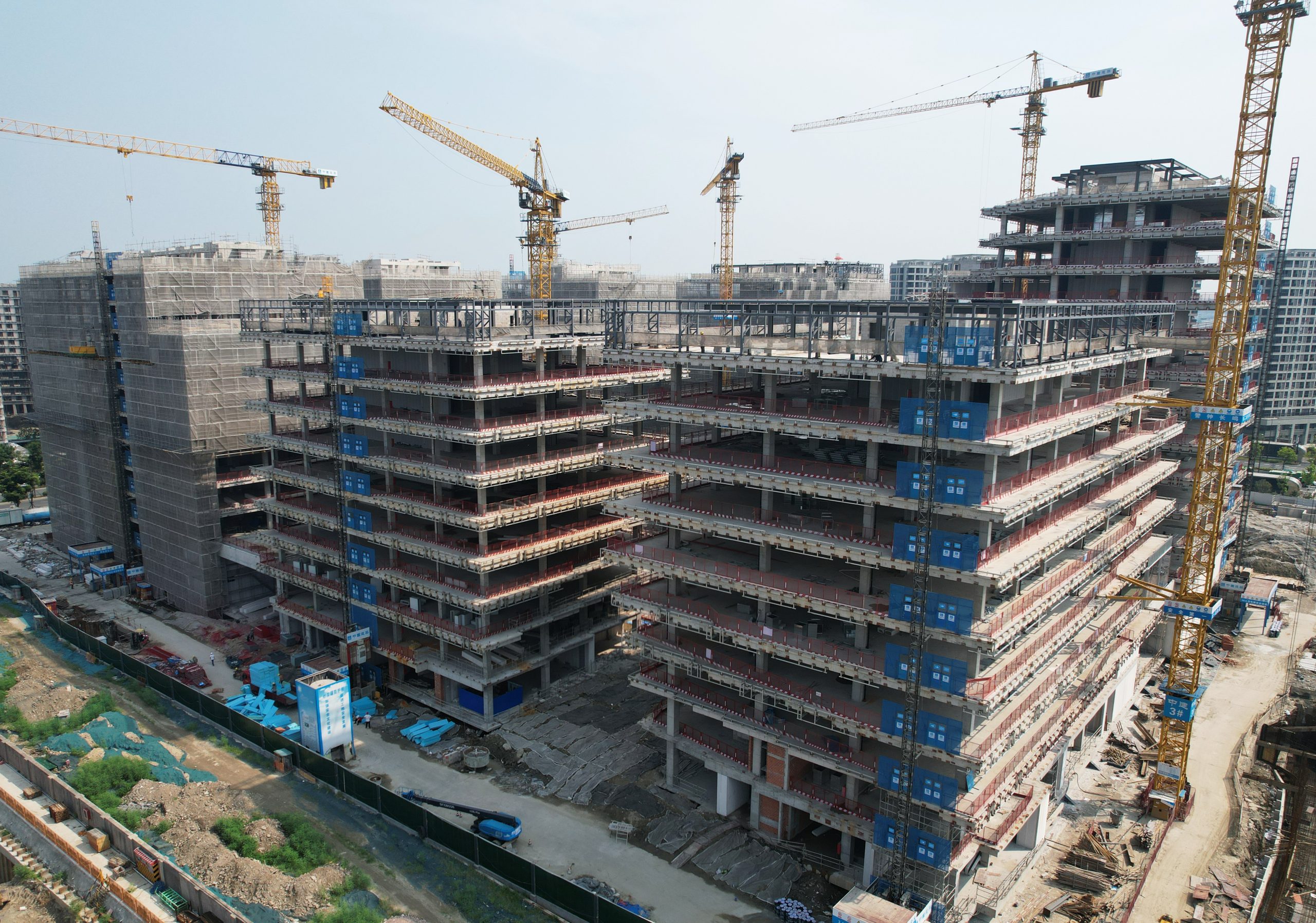
China’s economy decelerated sharply in the second quarter, increasing pressure on leaders to implement more aggressive measures to stimulate growth as they convene in Beijing to plan the economic direction for the next five years.
The National Bureau of Statistics reported Monday that GDP grew 4.7% in the second quarter compared to the same period last year. This marks a slowdown from the 5.3% growth in the first quarter and falls short of the 5.0% forecast by economists surveyed by The Wall Street Journal.
Quarterly growth also slowed significantly, falling to just 0.7% from a revised 1.5%.
China’s economy is struggling with a prolonged property slump, weak consumer spending, and rising trade tensions. The Communist Party’s leadership, including Xi Jinping, is meeting this week to discuss long-term economic reforms, but many experts argue that immediate measures are necessary.
Eswar Prasad, a trade policy professor at Cornell University, noted that the current data will likely intensify calls for both short-term stimulus and broader reforms. “Both immediate and long-term policy actions will be needed to address China’s economic challenges,” Prasad said.
Despite some positive indicators—such as increased manufacturing investment and exports—consumer spending and real estate investment have been weak. Industrial production rose 6% in the first half of the year, but retail sales increased only 3.7%, and real estate investment fell 10.1% with new home sales down 26.9%.
Calls for stronger government intervention are growing. Chinese leaders have taken incremental steps to boost growth, including interest rate cuts and low-interest loans to banks. However, they are cautious about major stimulus measures, fearing they might exacerbate the property bubble and capital flight. On Monday, the People’s Bank of China decided to keep key lending rates unchanged.
Premier Li Qiang stated last month that the government prefers a gradual approach to economic recovery rather than aggressive measures. The current Third Plenary Session of the Communist Party, which often marks significant policy shifts, may bring discussions on tax reforms and financial support for local governments. The Politburo’s upcoming meeting later this month might also indicate more immediate measures, such as further cuts to borrowing costs, to help achieve the government’s 5% growth target for the year.